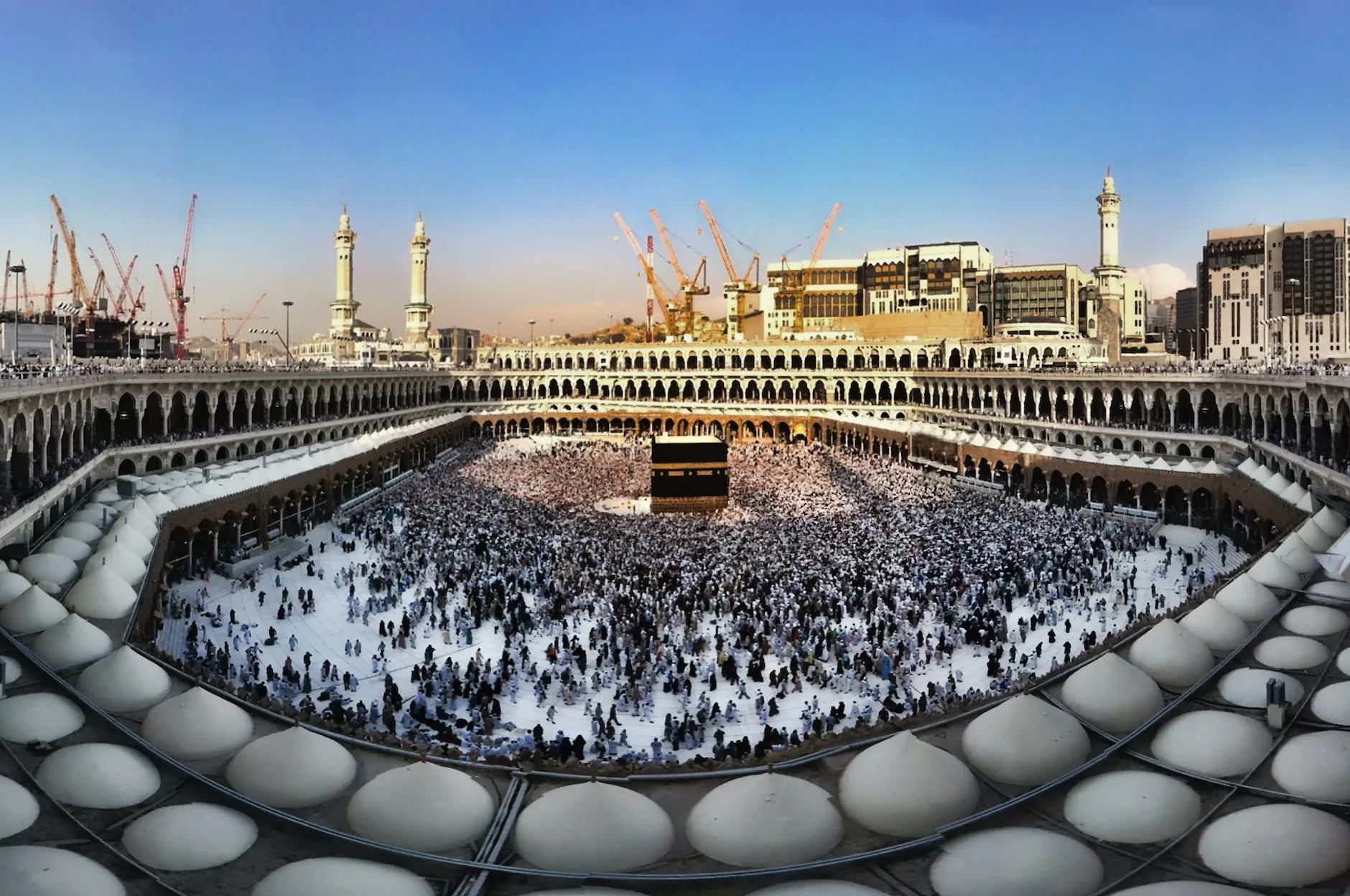Which is the Best Religion with Logic? Analyzing from All Religion like, Islam, Hindu, Cristianity etc

Religion has been an essential part of human civilization for centuries, shaping morals, ethics, and societies. But the question remains: Which is the best religion? This question is subjective and depends on various factors, including faith, logic, historical authenticity, and social impact. In this blog, we will analyze the major religions of the world from a logical perspective to determine which one stands out as the most complete and rational way of life.
Understanding the Concept of Religion
Before identifying the best religion, it’s important to define what religion aims to achieve. Religion provides:
Spiritual Fulfillment – Connecting Humans with a Higher Power
One of the fundamental aspects of religion is to establish a connection between humans and a divine power. This spiritual fulfillment provides peace, purpose, and guidance. Many people turn to religion to find answers about their existence, purpose in life, and the meaning of suffering. Meditation, prayer, and devotion in different religious traditions serve as ways to attain spiritual enlightenment and a deep relationship with the Creator.
Also Read:
A true religion should offer a structured way for individuals to connect with the divine while ensuring that this connection is free from contradictions or fabricated rituals. It should provide clarity about the nature of God, the purpose of life, and how to achieve inner peace.
Moral and Ethical Guidance – Establishing a Framework for Good Conduct
A crucial role of religion is to define moral and ethical principles that govern human behavior. It should outline what is right and wrong, guiding individuals towards righteousness. Ethical teachings should be clear, logical, and applicable in everyday life.
Religions provide moral codes that address honesty, justice, compassion, charity, respect for others, and self-discipline. The best religion should have a clear and consistent moral framework that promotes kindness, fairness, and responsibility towards society. It should discourage harmful actions such as lying, stealing, harming others, and oppressing the weak.
Social Order – Creating Harmony and Justice in Society
Religions play a major role in maintaining social order by promoting justice, equality, and unity among people. A well-structured religion provides guidelines for societal harmony, ensuring that people coexist peacefully regardless of their backgrounds. It should address economic justice, family values, community responsibility, and governance.
The best religion should have a system that prevents corruption, promotes fairness, and encourages people to help each other. It should balance individual rights with social responsibilities and offer solutions to societal problems such as poverty, crime, and discrimination. A just society is one where every individual, regardless of their status, is treated fairly according to divine laws.
Afterlife Beliefs – Offering Explanations for Life After Death
One of the most profound questions in human history is what happens after death. Every religion provides some explanation of the afterlife, whether through the concept of heaven and hell, reincarnation, or spiritual rebirth.
A complete religion should offer a logical and satisfying explanation of the afterlife that aligns with human intuition and reason. It should provide clarity on what happens to the soul after death, the purpose of good and bad deeds, and the consequences of one’s actions in the next life. It should also motivate individuals to live a righteous life with the hope of eternal reward while warning against consequences for wrongdoing.
The best religion should fulfill all these aspects logically, rationally, and comprehensively.
Analyzing Major World Religions Logically
1. Islam: A Complete Way of Life
Islam is based on strict monotheism (Tawheed) and follows the teachings of Prophet Muhammad (PBUH). The Qur’an is its unchanged holy book, providing laws for every aspect of life, including worship, ethics, governance, and personal conduct.
- Logical Strengths:
- Unchanged Scripture – The Qur’an has remained preserved for over 1400 years.
- Scientific Alignment – Many verses correspond with modern discoveries.
- Complete Guidance – Covers all aspects of life, from faith to governance.
- Universal Message – Encourages seeking knowledge and justice for all humanity.
2. Christianity: Faith and Salvation
Christianity, based on the teachings of Jesus Christ, emphasizes love, forgiveness, and faith. The Bible, however, has multiple versions and has undergone alterations over time.
- Logical Strengths:
- Promotes peace, compassion, and love.
- Has a strong moral and ethical foundation.
- Logical Weaknesses:
- The concept of Trinity is paradoxical (One God in three persons).
- The Bible has multiple versions, raising authenticity concerns.
- Focuses more on faith than structured daily guidance.
3. Hinduism: A Diverse and Ancient Tradition
Hinduism is one of the oldest religions, with a belief in multiple gods, reincarnation, and karma. It offers various spiritual paths but lacks a unified doctrine.
- Logical Strengths:
- Allows diverse philosophical interpretations.
- Encourages self-discovery and personal enlightenment.
- Logical Weaknesses:
- Polytheism and idol worship contrast with scientific monotheistic reasoning.
- The caste system (though socially debated) contradicts universal equality.
- No single preserved scripture; teachings evolved over time.
4. Buddhism: The Path to Enlightenment
Buddhism is a non-theistic religion focusing on inner peace, self-discipline, and the Eightfold Path to achieve Nirvana.
- Logical Strengths:
- Emphasizes personal enlightenment without divine dependence.
- Promotes meditation and self-control.
- Logical Weaknesses:
- No direct explanation of creation or a higher power.
- No divine guidance for moral or social laws.
- Does not provide clear answers on life after death.
5. Sikhism: A Blend of Monotheism and Social Equality
Sikhism follows Guru Nanak’s teachings and is based on one God, equality, and service to humanity.
- Logical Strengths:
- Promotes monotheism and social justice.
- Encourages equality and charity.
- Logical Weaknesses:
- Smaller global following.
- Lacks extensive theological or scientific explanations about the universe.
Which Religion Stands Out Logically?
Based on logic, authenticity, and completeness, Islam stands out as the most rational and structured religion. Here’s why:
✅ Pure Monotheism – No contradictions like Trinity or polytheism. ✅ Preserved Scripture – The Qur’an remains unchanged for over 1400 years. ✅ Scientific Alignment – The Qur’an contains verses aligning with modern science. ✅ Comprehensive Way of Life – Islam provides laws for worship, ethics, society, and governance. ✅ Universal Message – Encourages equality, justice, and seeking knowledge.
While all religions teach good morals, Islam logically stands out because it combines spirituality with reason, science, and a structured way of life.
Final Thoughts
The best religion is the one that logically and comprehensively fulfills the purpose of human existence. While beliefs are personal, Islam emerges as the most complete and rational religion based on its teachings, scriptural authenticity, and universal principles. However, respecting all faiths and seeking knowledge with an open mind is the key to understanding the truth.
What Do You Think?
What are your thoughts on this analysis? Share your views in the comments.


